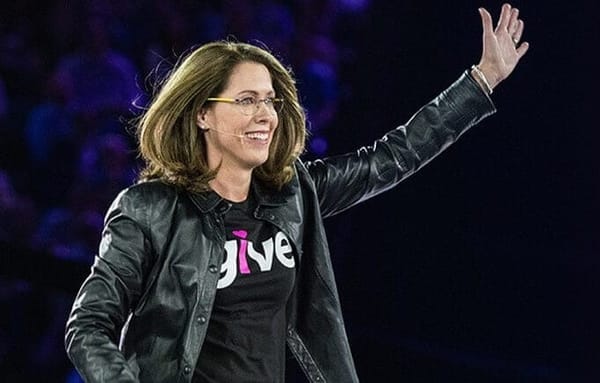Facebook, Google, and Apple Ease Privacy Concerns of Senators
WASHINGTON, July 28, 2010 – Member of the Senate Committee on Commerce, Science, and Transportation are worried about unclear consumer online privacy policies and the negative effects of targeted advertising. Representatives from Apple, Facebook, Google, The Cato Institute, AT&T, and the Annenberg
WASHINGTON, July 28, 2010 – Member of the Senate Committee on Commerce, Science, and Transportation are worried about unclear consumer online privacy policies and the negative effects of targeted advertising.
Representatives from Apple, Facebook, Google, The Cato Institute, AT&T, and the Annenberg School for Communication overviewed their current privacy policies and tools, and outlined the future of their privacy controls.
Bud Tribble, from Apple Inc., said Apple builds privacy protection into its devices instead of asking consumers to add protection through downloading applications. He focused on their location-based services, such as GPS applications, which a user must authorize before the application will function. This type of opt-in service gives more control to the user than the more commonly-practiced opt-out licensing agreements.
Facebook’s chief technology officer, Bret Taylor, also agreed that giving users easy control over their privacy settings is essential since the people who use Facebook supply all of its content. “Individuals use social technologies to connect and share information, but they also play an important role in policing the medium itself,” said Taylor. He said Facebook tried to ensure familiarity with their privacy settings by requiring all users to navigate through a privacy transition tool, where they had to confirm or change their privacy settings.
Alma Whitten, privacy engineering lead at Google, said they were focused on building transparency and user controls into their services. She said their Dashboard tool allows consumers to easily see, edit, or delete information from their Google account. She said that while there had been a security mishap with Google’s StreetView service, none of the collected data was ever shared and Google is working on a solution to prevent further problems.
Jim Harper, director of information policy studies at The Cato Institute, agreed that privacy online was mostly a user control issue. He addressed targeted advertising, which he said makes users feel like they have lost some of that control over their personal information. However, he doubted whether direct privacy legislation would improve the online privacy climate. He said the current privacy policies, or “fair information practices,” are too complex and inconsistent to have a real effect. Mandated privacy notices have not made improvements either since they rely on consumers actually reading those notices, which they often do not.
Like Apple, Dorothy Attwood, chief privacy officer at AT&T said it is important to have privacy functions built in from the outset instead of leaving it up to consumers. She said AT&T had also consolidated 17 separate privacy policies into one with easy-to-understand language.
Joseph Turow, from The Annenberg School for Communication at the University of Pennsylvania, said he was concerned about some of the proposed privacy solution. He said applications like Google Dashboard give users the impression that they have “the whole picture about their privacy,” when they really just have some controls over their Google accounts.
He was also concerned about social discrimination resulting from targeted advertisements and the way people would be reduced to a number instead of as a respected individual. He suggested a limit on the amount of information that an online presence could hold about an individual or household.
Sen. Kerry (D-Mass) said that the policies are just too confusing. He was also concerned about incorrect or out-of-context information from a user that could cost someone a job or health insurance.







